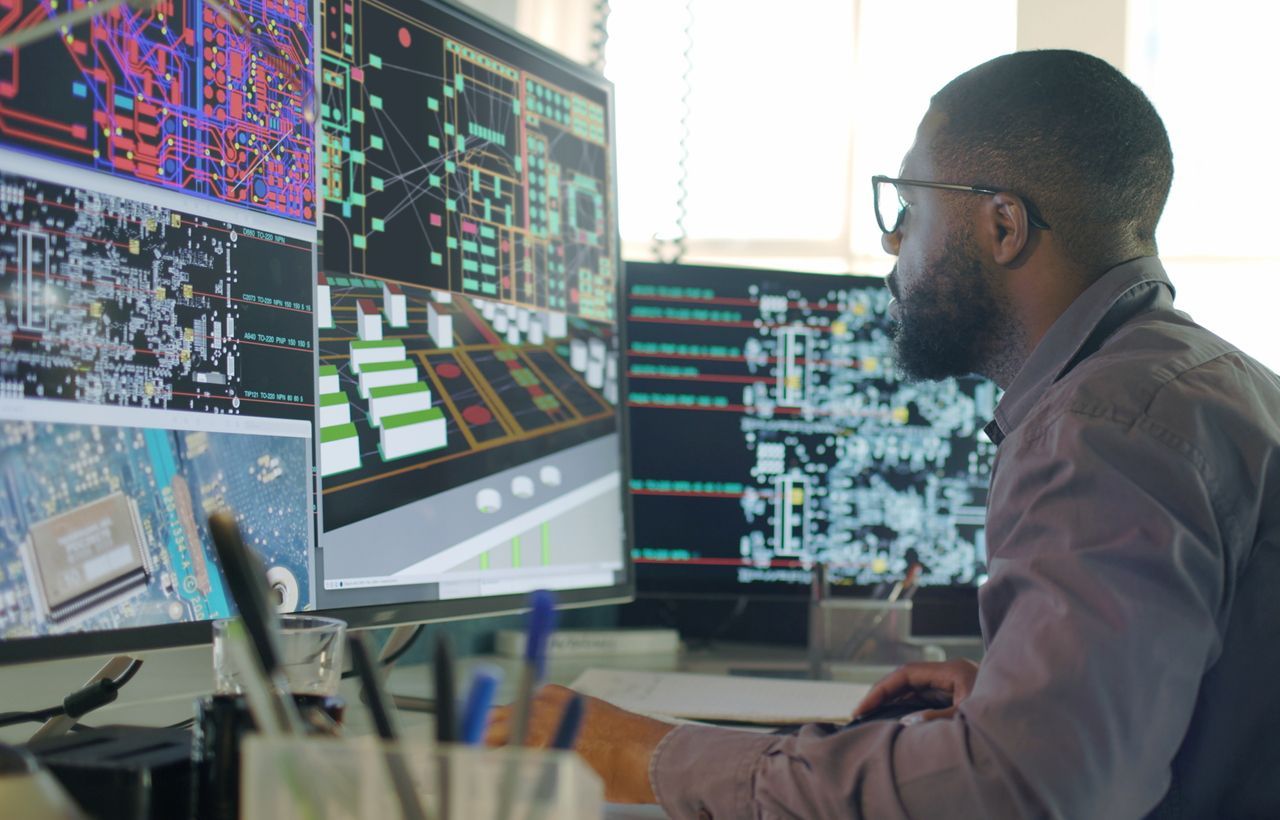TOWARDS THE SINGULARITY: The Crucial Role of Universities and Graduate Research - The IIE
Concerns are real & South African Universities should play a part in investigating this new realm

We are all familiar with the idea of AI Singularity – even if we don’t necessarily know the term. Movies like the Terminator series have firmly established the concept in the popular imagination: At some point, machines become self-aware, examine the threats to their existence, and promptly decide to wipe out their biggest threat – we, the humans.
While these movies still fall within the realm of science fiction in the popular conscience, many prominent researchers and other notable thinkers are expressing concern about the coming AI Singularity.
While the concerns may seem worlds away for most South Africans, they are real and South African Universities should play a part in investigating this new realm, an IIE Academic ICT Expert says.
“The issue of developments in AI and its potential risks are as relevant to people in South Africa as it is to people around the world. As AI becomes more integrated into our daily lives, it will likely significantly impact the economy, the labour market and society as a whole,” says Johan Vorster, Head of Faculty of Information & Communications Technology at The Independent Institute of Education (The IIE).
He says recent developments will particularly impact South Africa’s large and growing technology sector, which is developing and investing in AI applications for various purposes, including sales and marketing, healthcare and education.
“AI has already led to significant changes in these and many other industries, a change which will be rapidly increasing in a fashion that is currently not entirely predictable – hence the concerns being raised globally at the highest levels about the rapid, exponential and mostly unpredictable developments.”
Vorster points out that the late Professor Stephen Hawking feared that AI could essentially be a "new form of life that will outperform humans”. Hawking also warned that AI would decimate middle-class jobs, and called for an outright ban on developing of AI agents for military use. Recently, personalities like Tesla, Twitter and SpaceX boss Elon Musk and Microsoft co-founder Bill Gates have echoed Hawkings’ sentiments.
WHAT IS THE ISSUE?
There are many different ways to describe AI Singularity. But in essence, AI Singularity refers to the point in time when the development of intelligent systems and machines will become uncontrollable. At this point, artificial intelligence will overtake the brainpower of humans and will be able to replicate and evolve on its own. Opinions are divided about when this will happen, with forecasts ranging from some time within this decade to a century from now, notes Vorster.
So how worried should we be?
“AI is already part of everyday lives in ways that we don’t usually notice, but it already touches many parts of our daily routines. We see AI at work when we do online shopping, when we see targeted ads while using apps on our phones, when we use our GPS apps to navigate the complexities of peak time traffic during load-shedding, when we get music and movie recommendations, and when we use our digital assistants.”
The recent emergence of chatbots has, however, brought AI much more into the spotlight, and its unprecedentedly rapid evolution, much of it behind closed doors, is raising alarm bells.
“This is understandable, given that language and conversation are very close to our experience of being human, and something that we equate closely to our human intelligence. Once AI starts talking to us, we can immediately recognise how it approaches human intelligence. This is probably why we have seen such a huge public reaction to ChatGPT and other AI applications in recent times,” says Vorster.
However, there are now increasing fears that we are approaching AIs that can outperform humans at general-purpose tasks, and even start performing tasks that are not yet accounted for. A recent letter by the world’s top minds cautions: “AI systems with human-competitive intelligence can pose profound risks to society and humanity”. The authors call on “all AI labs to immediately pause for at least six months the training of AI systems more powerful than GPT-4”, as AI labs are currently locked in an “out-of-control race” to develop and deploy machine learning systems “that no one — not even their creators — can understand, predict, or reliably control”.
If a moratorium can be put in place, it would allow AI companies to “jointly develop and implement a set of shared safety protocols for advanced AI design and development that are rigorously audited and overseen by independent outside experts. These protocols should ensure that systems adhering to them are safe beyond a reasonable doubt”.
THE DUTY OF ACADEMIA
While the response to the call for pause remains to be seen, the call of duty to academia right now could not be more precise: There is an urgent need for South African Universities to invest in the field and equip a new generation of graduates to gain a deep understanding of AI systems, and their ethical, legal and social implications.
“As AI systems become more prevalent, there is an urgent and growing need for professionals who can design and develop AI systems that are fair, transparent, and accountable,” says Vorster.










